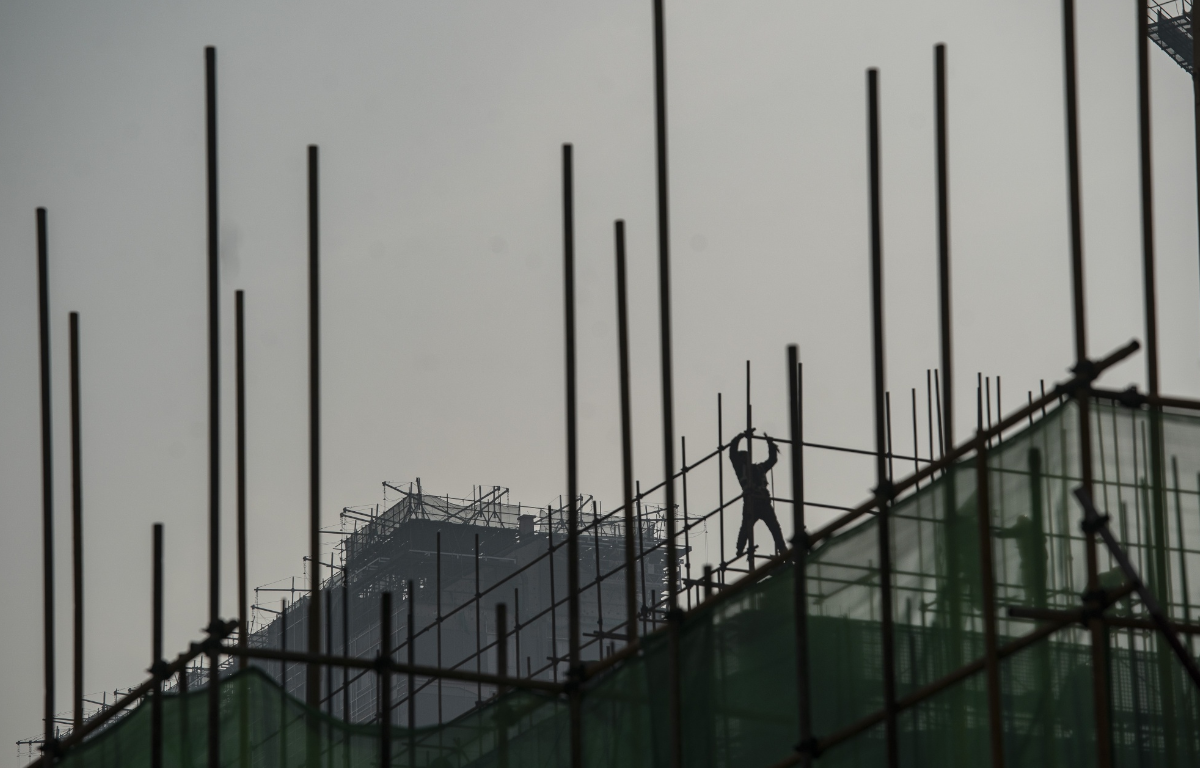
China’s involvement in Africa dates back to the 1960s when it provided support to various African nations during their struggles for independence. Since then, China has emerged as a major player in the African continent, becoming its largest trading partner and a significant source of foreign investment.
One of the most prominent aspects of China’s engagement with Africa has been its investments in infrastructure development. China has financed and constructed critical infrastructure projects in numerous African countries, including highways in Kenya, railways in Ethiopia, and ports in Djibouti. These projects have not only addressed Africa’s pressing infrastructure needs but have also fostered economic growth and increased connectivity within the continent.
While Chinese investments have undoubtedly brought benefits, they have also raised concerns, particularly regarding debt sustainability. Critics argue that some African nations have accrued substantial debt to China, potentially compromising their economic sovereignty. There have been cases where countries struggled to repay these loans, leading to concerns that China might use debt as leverage to gain control over strategic assets.
In response to these concerns, some African nations have been renegotiating the terms of their loans with China to reduce the risk of debt distress. Additionally, there is a growing push for greater transparency in these financial agreements to ensure that they align with the long-term interests of African countries.
Recent developments indicate that China may be adjusting its approach to African investments. There are reports of China reducing or postponing some infrastructure projects in Africa. Factors contributing to this shift include a more cautious approach to lending amid global economic uncertainties and concerns about the sustainability of certain projects.
Furthermore, the COVID-19 pandemic has disrupted supply chains and affected economies worldwide, prompting China to reassess its overseas investments. This reassessment extends to Africa, where some projects have faced delays or alterations.
China’s evolving approach to its African investments reflects a complex balancing act. On one hand, China has a vested interest in maintaining its influence and economic ties with African nations, given the continent’s vast resources and growing consumer market. On the other hand, it must navigate the challenges posed by debt sustainability and the need to adapt to changing global economic conditions.
The future of China’s investments in Africa’s infrastructure remains uncertain. It is essential for both China and African nations to work together to address concerns about debt and ensure that investments are mutually beneficial. Striking this balance will be crucial in ensuring that the China-Africa partnership continues to contribute positively to the development and prosperity of the continent. As the dynamics evolve, it will be important to watch how these partnerships develop and adapt in the coming years.










Share this: